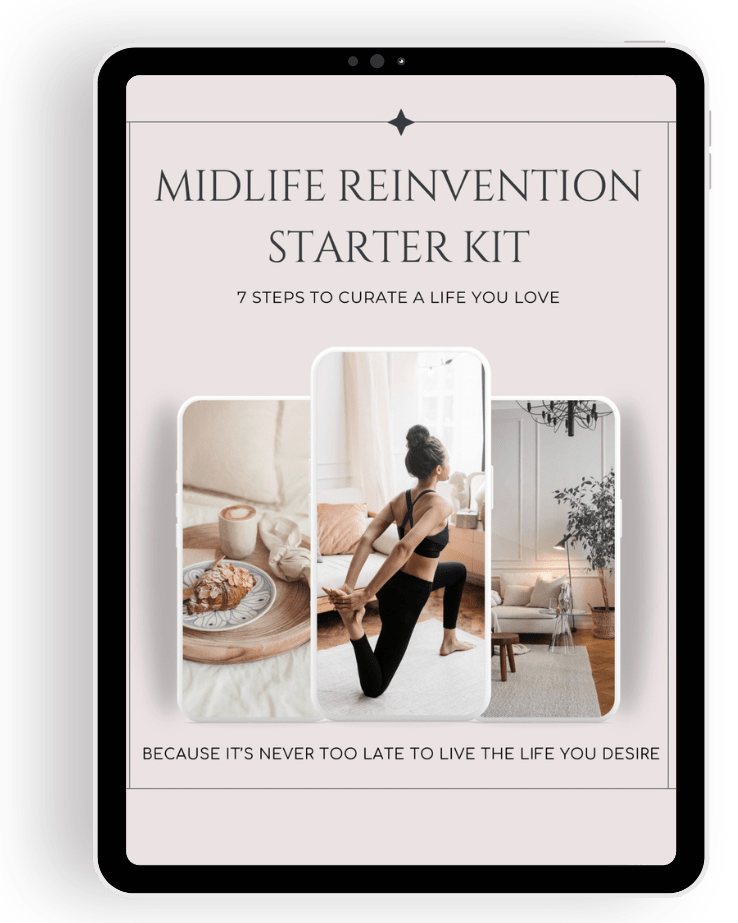List Your Priorities
You can’t prioritise your time if you aren’t clear – even if just to yourself – about what is most important to you. Is it your family? Your spouse? Serving your community? Getting your blood pressure under control or losing 50 pounds? Is it finishing your degree? Getting your house in order or remodelled or ready to sell? Getting in shape or training to run a marathon? Getting a promotion or establishing your own business? Getting your budget under control, paying off all your debt, or establishing an emergency fund?
Your priorities can and will change based on your season of life, but the first step in taking control of your time is determining what matters most right now. Take ten minutes to write down the 5 to 10 things that are most important to you in the season of life you are in right now. Don’t base them on how you have been spending your time, but on what actually matters most to you.

Set Specific Goals
Close your eyes and imagine your life in detail five years from now. Where do you live? Where do you work? What is your job title? What do you look like? What does your house look like? How much money do you have in the bank? Where did it come from? What is your relationship with your kids and spouse? How do you spend time together? What do you do in your free time? What are your hobbies? Where do you volunteer? Spend a few minutes daydreaming about what your ideal life would look like five years from now, then write it down.
With this vision of the distant future fresh in your mind, it is time to set your long-term goals. List five major things you would like to accomplish by this time next year. Be as specific as possible. Use dates and locations and quantifiable goals whenever possible. Thus, if you want to run a marathon, write down which marathon on what date. If your goal is to read more, write down how many books, or better yet, how many fictions, non-fiction, biography, etc. Don’t list more than five or you might forget some of them.
With your long-term vision and goals in place, give some thought to your short-term goals. What is it that you want to get done in the next month? Is there any small chunk of your long-term goals that you could do right away? Set five manageable goals for the things you would like to accomplish in the next month, then repeat this process every 30 days.

Eat That Frog
I read a book a few years ago that totally changed the way I approached my daily task list. It was called Eat That Frog: 21 Great Ways to Stop Procrastinating and Get Things Done by Brian Tracy. It got its name from a quote by Mark Twain, who famously once said something to the effect of “if you eat a frog for breakfast, chances are that will be the worst thing you have to do all day.” The point of the quote – and the book – was that if you start your day by tackling your hardest but most important tasks, even if you don’t do that much for the rest of the day, you will still have accomplished a lot.
Life moves fast and it is really, really easy to get sucked into mundane – though essential – tasks of the everyday. We spend our time putting out fires or escaping into the time-wasting vortex of social media and email. It all seems so important, so urgent, but before we know it, we’ve spent the whole day reacting to other people rather than proactively reaching our own goals.
My own life changed dramatically when changed the order in which I completed my task list. Most importantly, I stopped checking email first thing in the morning, and instead focused those first few hours of my day on long-term projects and goals. As a result, my productivity skyrocketed and I was finally able to start accomplishing the things I really wanted to.

Reset Your Habits
I read another book recently called The Power of Habit: Why We Do What We Do in Life and Business which has also greatly impacted how I structure my day. One of the many interesting points the book made is that our brains are wired to form habits. These habits can become good or bad, but once something has become a true habit, a different part of our brain takes over and we begin to perform that particular habit on autopilot. This means we no longer have to use mental energy to perform the task, which leaves our brain free to focus on getting other things done.
I used to get frustrated with myself because it seemed like I would start out my day so well, but in the end, I would just fizzle, with no energy left to put towards any sort of productive endeavour. After reading this book, I realised that because my willpower in a given day is limited, the more good habits I create for myself, the more willpower and energy I will have leftover to use towards other things.
I decided to make a list of the things I wanted to do automatically every morning. My list included drinking a glass of water, planning my day over a cup of coffee, having personal devotion & prayer time, and then writing for at least 90 minutes. After several weeks of doing this every day, I finally stopped thinking about it. I would find myself in the kitchen drinking my water before I was even fully awake. It takes almost no effort to get my day started off right, and at the end of my writing session, when I take a morning break, I still feel refreshed and ready to conquer the rest of my day.

Eliminate the Unessential
I think for me getting rid of the things I don’t really need to be doing is probably the hardest part. Everyone has a few time fillers they could probably eliminate from their day, whether it be baking something from scratch when it could be store-bought, spending an hour watching TV or drooling over Pinterest, or even taking on a few too many commitments.
This is where the priority list and goal setting become so important! If when you look at your day, you find that much of your time is filled with things that don’t match up to your priorities or your most important goals, then something has to give. Start small – eliminate 3-5 things in your life that are taking up time but not adding much value. Just stop doing them. Yes, I know it is easier said than done, but making a conscious decision paves the way for change.

RELATED: Do want to know how to get your priorities straight and live a life you love?

Feel free to sign up to my Friday Morning Love Note HERE! This isn’t just a newsletter - it’s your invitation to pause, reflect, and realign with you. Every week, we’ll journey together to uncover the small, meaningful shifts that will help you design a life that feels uniquely and beautifully yours. Each week, I’ll deliver fresh intentions, uplifting tips, and simple shifts to inspire purposeful, creative living.





[…] RELATED: Five Time Management Tips That Will Change Your Life […]
[…] READ MORE: Five time-management tips that will change your life […]